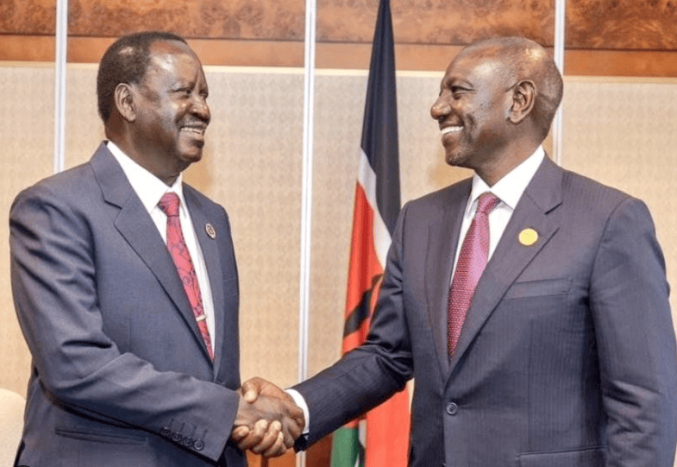It is one of the greatest ironies of Kenya’s political journey: leaders who once opposed the enactment of the 2010 Constitution are now at the forefront of calls to amend it. Fifteen years after its promulgation, the supreme law is back at the center of political debate, with President William Ruto and opposition leader Raila Odinga both pushing for changes.
In 2010, William Ruto then a Cabinet Minister was among the fiercest critics of the draft constitution. He campaigned against its adoption, warning that it contained “dangerous clauses” that could destabilize the country. Raila Odinga, on the other hand, was one of its chief defenders, rallying Kenyans to support the new charter. Today, their roles appear blurred, as both leaders converge on a single agenda: constitutional amendments.
Ruto has hinted at the need to “fine-tune” aspects of the Constitution, particularly around devolution and governance. His allies argue that counties need more resources and greater autonomy, while the executive requires clearer powers to implement its agenda. Raila, meanwhile, has pushed for the creation of additional governance structures, such as the office of the official opposition leader, to strengthen checks and balances.
Critics, however, see these calls as thinly veiled attempts to entrench political interests rather than strengthen democracy. Civil society voices have warned against what they describe as the “mutilation” of a document that cost Kenyans decades of struggle to realize.
The debate raises fundamental questions: is the Constitution being reviewed for the public good, or is it being reshaped to suit the ambitions of a political class? As Kenya marks 15 years of constitutional rule, the irony is hard to ignore. Those who once fought against the supreme law now seek to reshape it in their own image.

